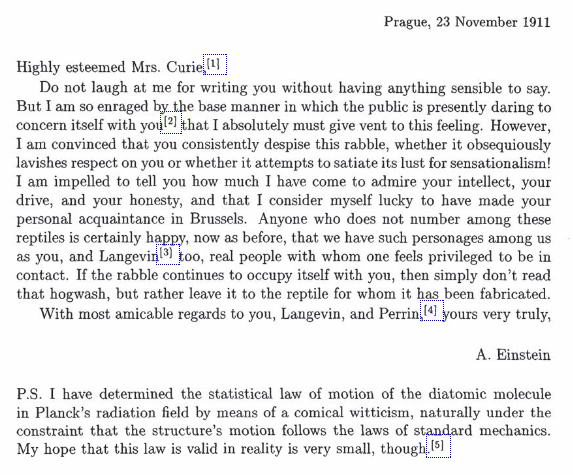- Trade Small: If you are a beginner, trading a small account can be a worthwhile exercise. Use small position sizes and manage risk fiercely. Many traders get into trouble when they haven’t considered risk exposure while taking positions that are too large for their accounts.
- Expect to Lose: Be prepared to lose when you enter a trade and DEFINE how much you are ready to lose. Don’t panic and change your mind if the market reaches that point.
- Plan to WIN: Likewise, DETERMINE the amount of profit that is enough to quench your Greed Buds.
- Time Horizon: Trade with short time horizon. Even if you are not an intraday trader, a shorter-term viewpoint in today’s volatile market environment gives a quick feedback about your analysis and can decrease the time you are exposed to the unpredictable marketplace.
- Scared Money Never Wins: Trade only with money you can afford to lose that is less important and not significant enough to be protected. Treat your money well and trade well.
- Nothing Ventured, Nothing Gained: Be a little greedy! If you don’t trade, you are engulfed by fear. Come up with a trading style that cuts down the influence of greed and fear and is easy for you.
Archives of “January 24, 2019” day
rssGood Times -Bad Times
Sometimes in trading you have to pick yourself up and dust yourself off. It is the simple truth and anyone who has been involved in the game for longer than a cup of coffee will tell you the same. There will be times when you are caught with a blow up, caught in a squeeze or simply caught leaning in the wrong direction but over the years what I have learned is it is always about getting back into the ring for another round.
—
It’s important to have a routine for handling those times when not only your financial capital gets bitten but your emotional capital sinks as well.
1) Reposition: Whether you are caught in a downturn or short squeeze, removing the position is often the best way to remain objective. So often when people start to see a position run against them they freeze up and start to rely on hope rather than remaining in control of the trade. When I see stocks breaking down or acting poorly, they are sold immediately and I am able to start fresh.
2) Check the Charts and your Bias: I have written many times before that price action is never wrong. If you are caught on the wrong side of price action it is a must to re-evaluate the charts you are viewing and check any bias you may have. It is imperative to embrace the prevailing direction and avoid seeing what is not there. Having raised cash and avoiding any further significant draw, take a fresh look at the action and once again analyze your position accordingly. (more…)
Self Help

Ten Powerful Psychological Traits of the Rich Trader
Ten Powerful Psychological Traits of the Rich Trader
When you are trading like that, it is hard to be beaten. Time is your friend. |
Eight Questions That Go Bump in the Night
 Why do the gurus who proclaim a “feel” for the market tell us to eliminate emotions from trading?
Why do the gurus who proclaim a “feel” for the market tell us to eliminate emotions from trading?
Would 80% of traders make money instead of losing it by placing trades through “enrichers” instead of “brokers”?
Why do people who offer programs on making a living from trading make their livings from offering programs?
Why do beginners think they’d have an easier time beating professionals at trading than at golf, boxing, racecar driving, or chess?
Why are so many market newsletters bullish or bearish, when the most common market outcome is little or no change?
What happens when contrary opinion is the dominant school of thought?
Why do trend followers follow trend following once it goes out of favor?
If exchanges make more money than brokers; brokers make more money than market makers; and market makers make more money than traders, is the answer to success in the markets to always have people who are your customers?
Appreciate what you have.

Be greedy when others are fearful…..be fearful when others are greedy

Albert Einstein: Haters Gonna Hate
Arrogance Will Always Get the Best of You in Markets

Building Failure Into Your Process


 Sometimes in trading you have to pick yourself up and dust yourself off. It is the simple truth and anyone who has been involved in the game for longer than a cup of coffee will tell you the same. There will be times when you are caught with a blow up, caught in a squeeze or simply caught leaning in the wrong direction but over the years what I have learned is it is always about getting back into the ring for another round.
Sometimes in trading you have to pick yourself up and dust yourself off. It is the simple truth and anyone who has been involved in the game for longer than a cup of coffee will tell you the same. There will be times when you are caught with a blow up, caught in a squeeze or simply caught leaning in the wrong direction but over the years what I have learned is it is always about getting back into the ring for another round.